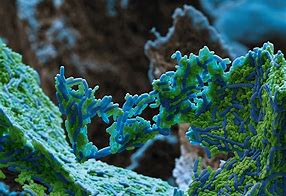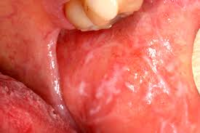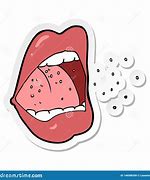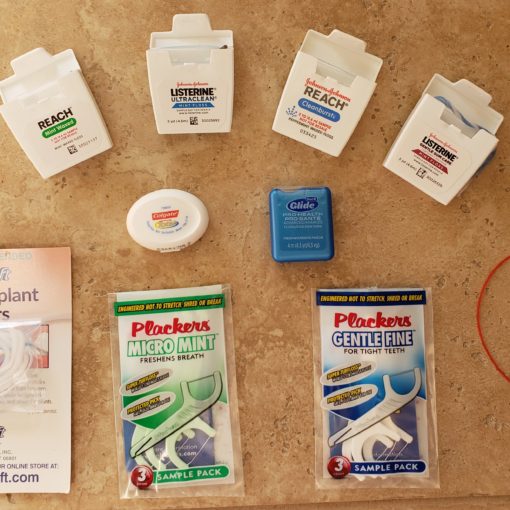Cold and Flu Treatments With Oral Health
Cough Medicines: Use of cold syrup may increase dental problems since these medicines contain sugar and alcohol. Sugar as it’s known is a main culprit for causing decay by feeding on the bacteria to release an acidic byproduct and softening the teeth resulting in a cavity. Alcohol dries the mouth which makes it another main culprit for decay by minimizing saliva production and allowing acid and bacteria to stick to the teeth. Take with food to neutralize the acidity.
Cough drops and lozenges: These products are usually made with sugar and sucking on them throughout the day for multiple minutes at a time can increase the risk of decay by prolonging an acidic environment, especially when homecare is poor. Use sugar-free products.
Decongestants: The function of decongestants is to dry up the mucus production. While drying up the sinuses it can also dry up the mouth to promote sticking of the plaque. Brush regularly , dry brush or wipe the teeth throughout the day to remove the fuzziness of plaque.
Sugar consumption: While congestion itself affects smell and taste it makes eating unpleasant. Under these conditions, higher sugar consumption may lead to higher risks of decay. Juices especially orange juice may be consumed to acquire more vitamin C. Juice is acidic and sugary — two detriments for enamel wear and sensitivity. If a sore throat is present softer foods are more agreeable and a likely higher sugar content such as pudding, ice cream, milkshakes, popsicles, jello, ginger ale, and sprite may be consumed to soothe the aggravating heat in the throat. Brushing before sugar consumption to remove plaque to lower an acid attack OR rinse afterwards to neutralize the acid attack.





